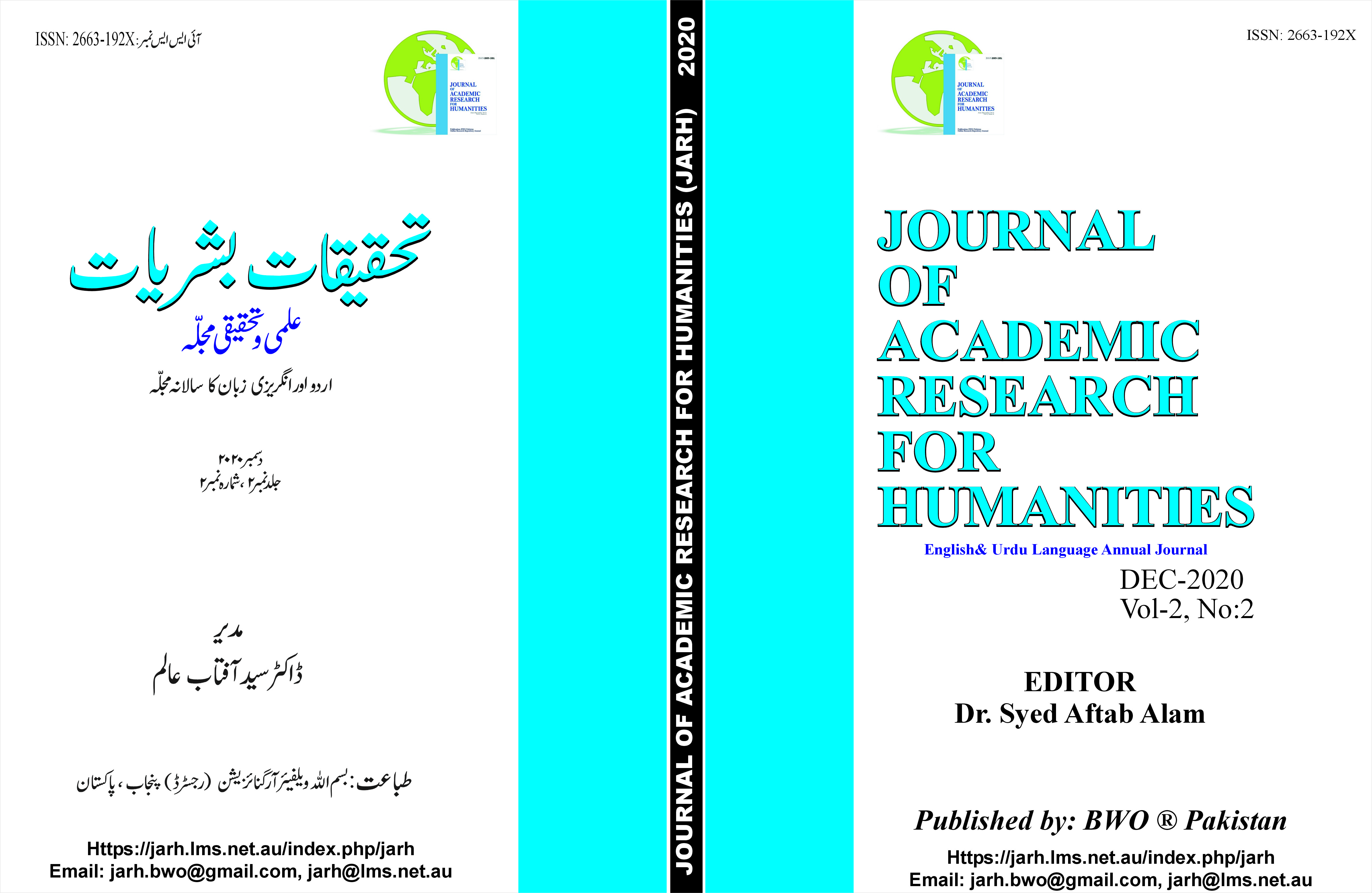Modernity and Islam in South Asia:: Approach of Darul Ulum Deoband

Abstract
The response of South Asian Muslims to the British occupation of India and the socio-cultural and institutional reforms that they induced was manifold. The attempts by the British to inculcate modernism in Indian societies was taken up by the Muslims as a political and cultural challenge. Unlike the Muslim ideologues like Sir Syed Ahmad Khan (1817-18), who launched Aligarh Movement adopting progressive and loyalist approach, the exponent Deoband Movement showed militant resistance towards British imperialism and by sticking upon their religious dogmas attempted to reform the society on orthodox lines. Yet, they afterwards modernized their educational institutions and appeared to be one of the dominant set of Islam and made seminary second largest religious educational institution in the Muslim World. This paper discusses the formation of Deoband Madrasah, its response and approach towards British imperialism and process of modernization, and its philosophy to reform the Muslim society at time when it was suffering from severe political decline. Further, it gives an evaluation to their conception of composite nationalism, and adherence to coexistence of different religious communities. It also sheds light on its networking with Jamiat Ulema-e Hind and Tablighi Jamaat in the wake which Deoband appeared to be one of geart set of Islam. The methodology employed to construe this discourse is descriptive, analytical and critical.
Keywords
British Raj, Imperialism, Modernism, South Asia, Orthodoxy, Progressivism, Nationalism, Religion, Education, Islam, Reformation, Madrasah, Jihad, Militancy, and Deoband.